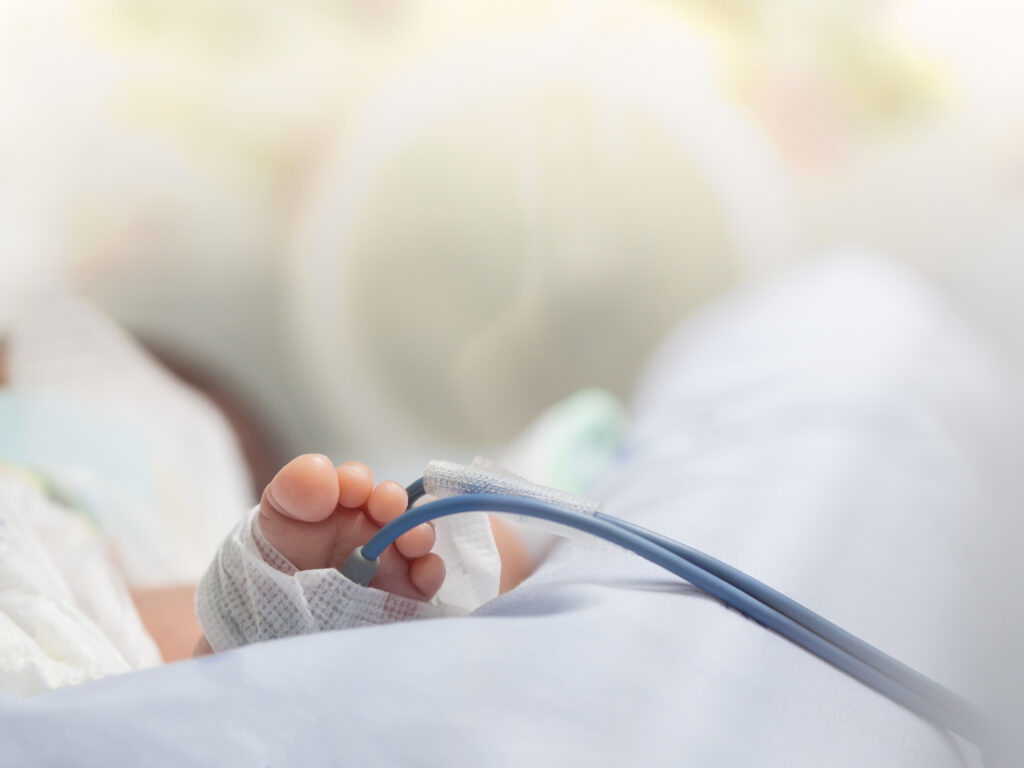Some moments change everything—and this is one of them.
For decades, families receiving a Trisomy 18 or Trisomy 13 diagnosis have been met with the same heartbreaking phrase: “There’s nothing we can do.” These words are often shared without explanation, without support, and without recognizing the full humanity of our children.
That is finally beginning to change.
In a historic move, the American Academy of Pediatrics (AAP) has released new clinical guidance on caring for infants and children with Trisomy 13 and Trisomy 18. This landmark report—developed by leading pediatric experts in bioethics, neonatal care, and complex medical conditions—marks a major shift in how the medical community is encouraged to approach care for our children.
For the first time, national guidance explicitly acknowledges what so many families have long known: our children are not their diagnosis. They are individuals—deserving of care that reflects their specific needs, their family’s goals, and the full spectrum of possibility that love and medicine can offer.
What’s Changing—and Why It Matters
The new AAP guidance moves away from one-size-fits-all assumptions and instead centers shared decision-making between families and care teams. It encourages providers to consider a child’s full clinical picture—not just their genetic diagnosis—when making recommendations.
This includes:
- Recognizing that some children with Trisomy 13 or 18 do survive beyond infancy and, with support, may experience meaningful quality of life.
- Acknowledging that parents have the right to choose between comfort care or life-sustaining interventions—without judgment or assumptions.
- Encouraging hospitals to offer consistent, transparent options for care and refer families elsewhere when needed.
Medical decisions, the guidance states, should be grounded in the best available evidence and tailored to each child’s unique medical needs—not outdated stereotypes or disability bias.
What This Means for Families
If you’re a parent navigating this journey now, you are not alone—and you are not powerless. This guidance gives you new support in advocating for care that respects both your child and your role as their decision-maker.
You now have the backing of the nation’s leading pediatric organization affirming:
- That comfort care is a compassionate and valid choice.
- That individualized, life-sustaining care can and should be discussed as an option.
- That therapies to help your child survive and come home—from feeding support to cardiac surgery—are decisions to be made with you, not for you.
The message is clear: you deserve real choices.
And those choices should be accompanied by clear, compassionate, and complete information—delivered by care teams who respect your goals and walk with you through every decision.
Moving Toward a More Compassionate Standard of Care
This guidance also calls on hospitals to ensure consistent policies, transparency in what’s offered, and proactive support for care teams navigating complex medical ethics. It recognizes that caring for children with Trisomy 13 or 18 requires sensitivity, honesty, and an openness to the full range of possibilities—because no two children, and no two families, are the same.
This is the future we’ve been advocating for: one where our children’s lives are not measured only in days, but in meaning. One where every child matters. Where every moment matters. Where families are empowered—not dismissed.
Learn More
You can read the full AAP clinical report here and their article summarizing the new recommendations here.
This is a moment to honor how far we’ve come and to recommit to the journey ahead—because every family deserves care that sees their child as more than a diagnosis.
We’re so grateful to the medical professionals who helped shape this report, and to every family who has fought—through tears, advocacy, and love—for a future where this kind of care is not the exception, but the standard.
Let’s keep going, together.

